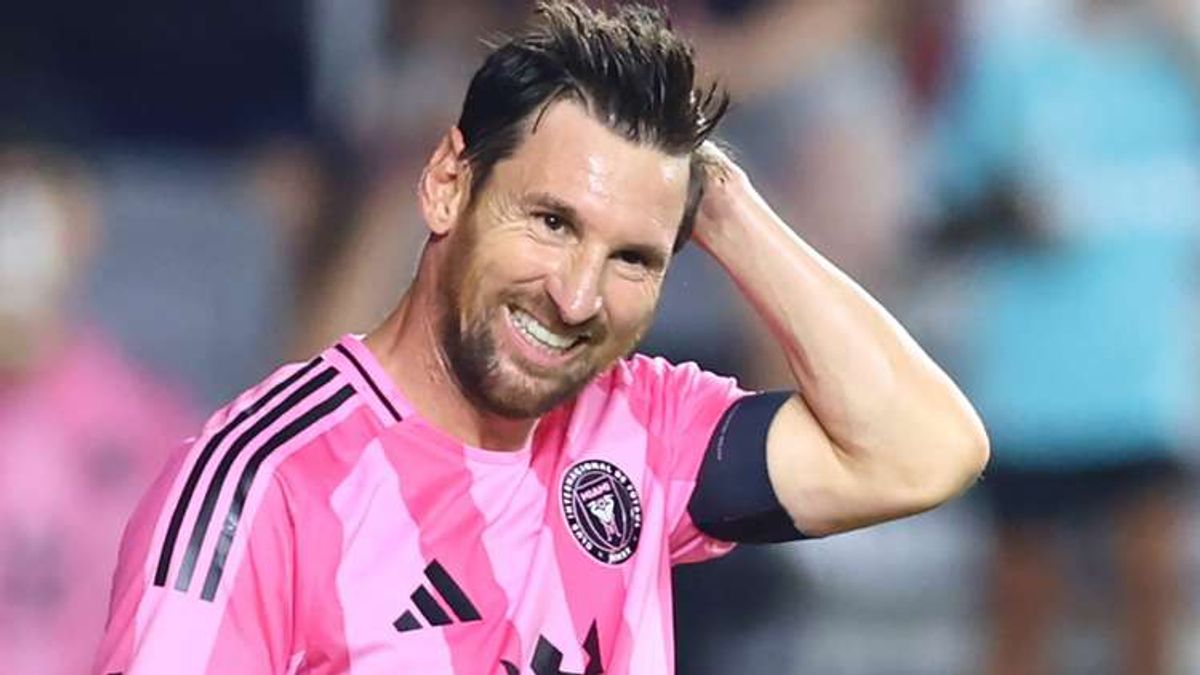What led to Cole Palmer's substitution during Chelsea's defeat at spirited Man Utd explained by Enzo Maresca
Enzo Maresca has confirmed that Cole Palmer's early substitution in Chelsea's 2-1 loss to Manchester United was due to a recurrence of a groin injury that has troubled him throughout the season. This revelation sheds light on the situation and offers insight into the player's ongoing struggles.

Enzo Maresca has revealed Cole Palmer was substituted in Chelsea's 2-1 defeat against Manchester United on Saturday due to a recurrence of the groin injury which has plagued his season. The 23-year-old had to be replaced just 20 minutes into the Blues' loss at Old Trafford, raising questions over whether the same issue which saw the forward miss his side's Premier League clashes with West Ham and Fulham had flared up.
Understanding Cole Palmer's early withdrawal
During the match against Manchester United, Cole Palmer had to be substituted just 20 minutes into the game, sparking speculation about the nature of his injury. Enzo Maresca's recent comments provide clarity by revealing that Palmer's groin issue resurfaced, resulting in his removal from the pitch. This aligns with the forward's previous absences from games against West Ham and Fulham due to the same injury. The recurrence of this problem highlights the challenges Palmer has been facing and emphasizes the importance of managing his fitness effectively.
Implications for Chelsea's squad
The revelation of Cole Palmer's ongoing struggles with injury raises concerns for Chelsea's squad depth and rotational options. With Palmer being a key player in their attacking setup, his continued absence or limited availability could impact the team's performance in crucial matches. Enzo Maresca and the coaching staff must now focus on implementing a tailored rehabilitation program for Palmer to ensure his full recovery and sustained fitness going forward, particularly as Chelsea approaches the business end of the season.
Learnings for player management
The situation surrounding Cole Palmer's injury recurrence serves as a reminder of the complexities involved in managing players' fitness and well-being. It emphasizes the need for comprehensive monitoring, effective communication between medical staff and coaches, and a proactive approach to injury prevention. By addressing these key aspects, clubs like Chelsea can better support players like Palmer during challenging periods and help minimize the risk of further setbacks.










